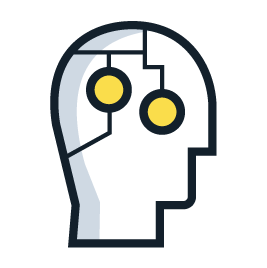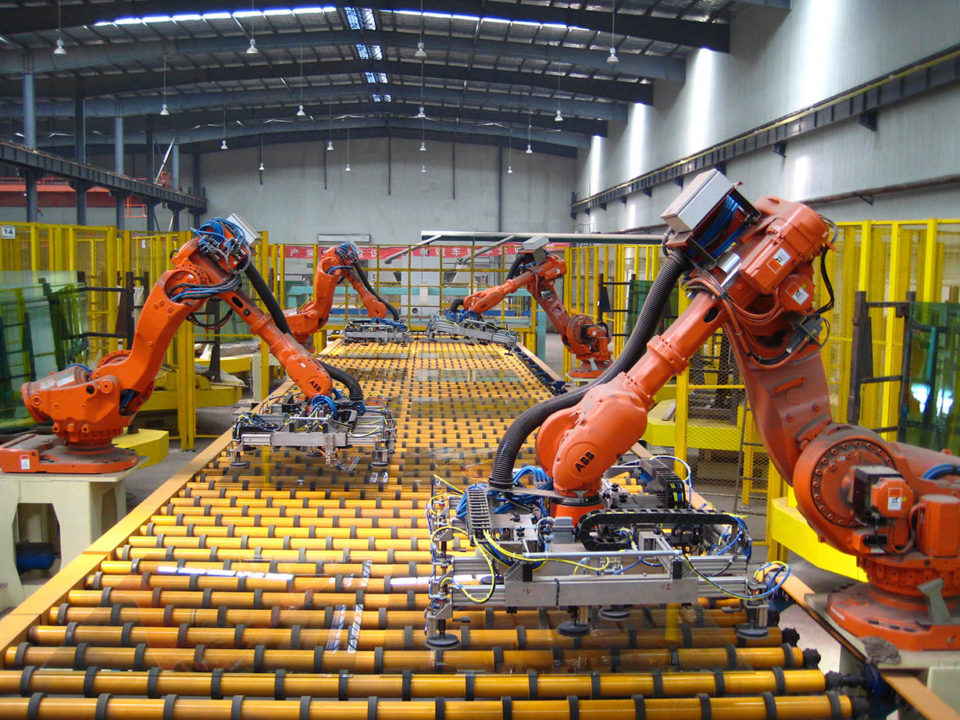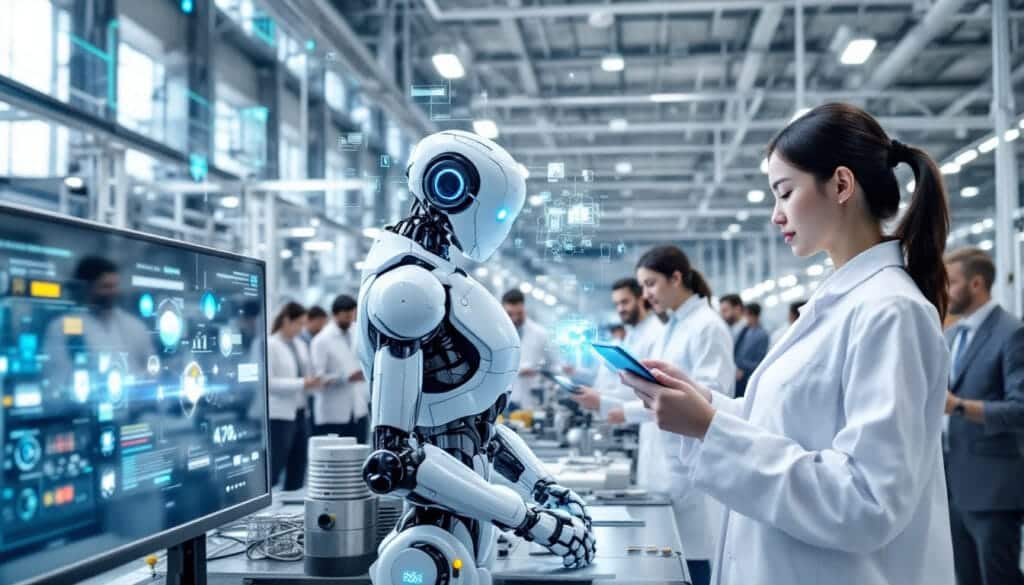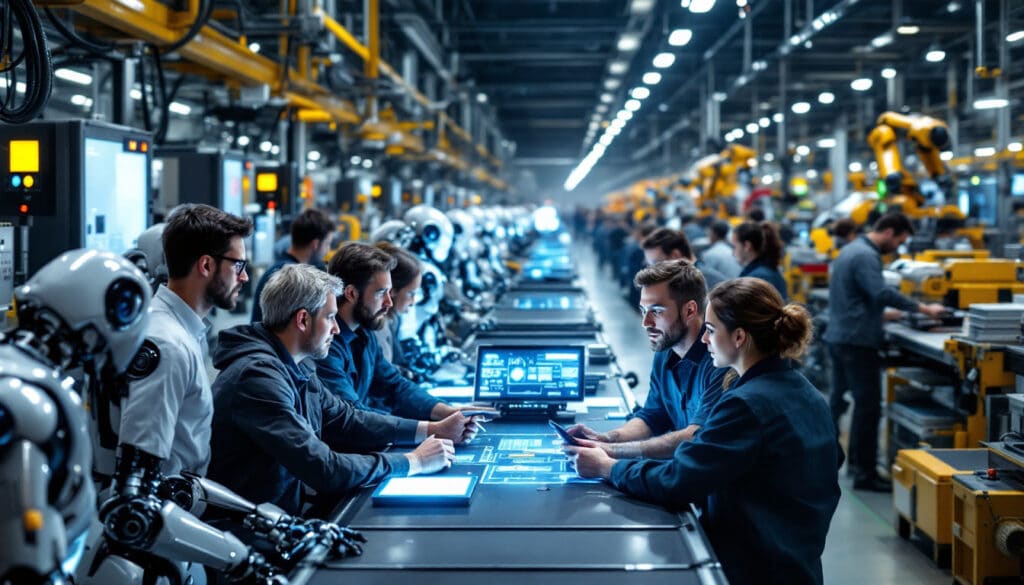In the heart of industrial evolution, Industry 4.0 redefined by digital innovation embodies a radical turning point. The integration of artificial intelligence and digital twins opens unexplored horizons, profoundly transforming production and the management of industrial processes. These technologies offer dynamic solutions, allowing for the simulation of unprecedented scenarios and the optimization of processes in novel ways. This revolutionary alliance between the physical and digital worlds transcends traditional limitations while guiding companies toward a new era of customization and unprecedented efficiency. The future of manufacturing becomes intelligent, interconnected, and incredibly agile.
The digital transformation of industry is booming thanks to the integration of digital twins and artificial intelligence. These innovations enable the simulation of complex processes, the optimization of production, and the reduction of risks that would be difficult to test in the physical world. By combining the predictive capabilities of AI with the simulated environment of digital twins, companies can accelerate their entry into Industry 4.0. This technological convergence offers advanced solutions for the efficient management of infrastructures and promises a revolution in the field of global engineering.

Table des matières
Toggletransforming industry 4.0 with digital twins
Digital twins play a crucial role in the revolution currently unfolding in industry 4.0. This technology allows for the creation of a bridge between the physical and digital worlds, providing real-time understanding of industrial processes. Companies can thus simulate, test, and optimize their processes without investing in expensive physical prototypes. This virtualization capability leads to improvements in supply chains and proactive operational planning, thereby reducing operational costs and increasing productivity. With this advancement, every factory can aspire to a model where the concept of Lot size 1 becomes a reality, ensuring large-scale customization while minimizing inefficiencies.
artificial intelligence: the engine of digital transformation
The use of artificial intelligence in the industrial sector drives digital transformation into new horizons. This integration allows for the automation of complex tasks, improved decision-making, and optimization of processes through data analysis. AI thus becomes a catalyst for innovation, transforming traditional operations into intelligent environments. For example, the adoption of AI-based solutions helps identify bottlenecks in production, enabling the reallocation of resources and increasing the efficiency of production lines. AI, combined with digital twins, provides advanced simulations that allow for forecasting and solving problems before they impact the production line.
The integration of AI technologies with digital twins leads to the development of advanced system models that simulate complex scenarios. This significantly reduces the risks associated with physical testing and fosters a more proactive risk management approach. Companies that adopt this synergy benefit from increased flexibility and can respond rapidly to market dynamics while ensuring continuous and seamless production. This ability to transform collected data into actionable decisions is key to accelerating the digital transformation that many industrial leaders seek today.
real-world application examples in industry
The marriage between AI and digital twins finds tangible application across many industrial sectors. For instance, in the automotive industry, manufacturers use these technologies to create virtual models of vehicles that can be tested under various conditions, thus reducing the need for expensive physical prototypes. This not only allows for cost reduction but also accelerates the product development cycle.
In the field of advanced manufacturing, as described in this article, companies leverage these twins to simulate complex processes and optimize product design. This approach leads to improved quality and durability of final products. Moreover, 5G networks, in conjunction with IoT, offer enhanced connectivity, allowing digital twins to operate more smoothly and effectively, thereby significantly transforming industry 4.0.





